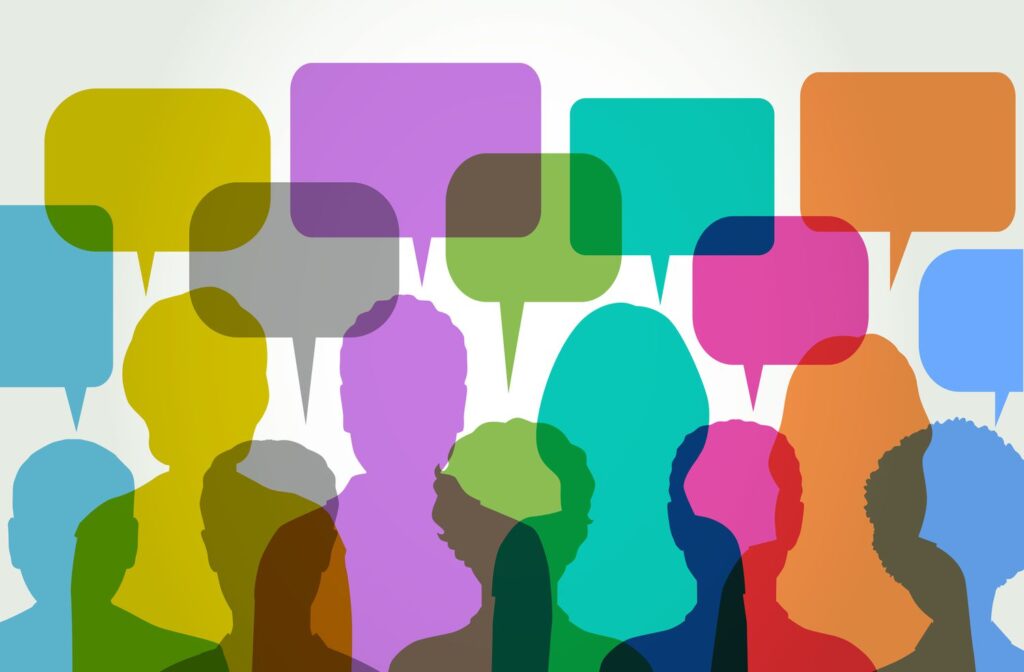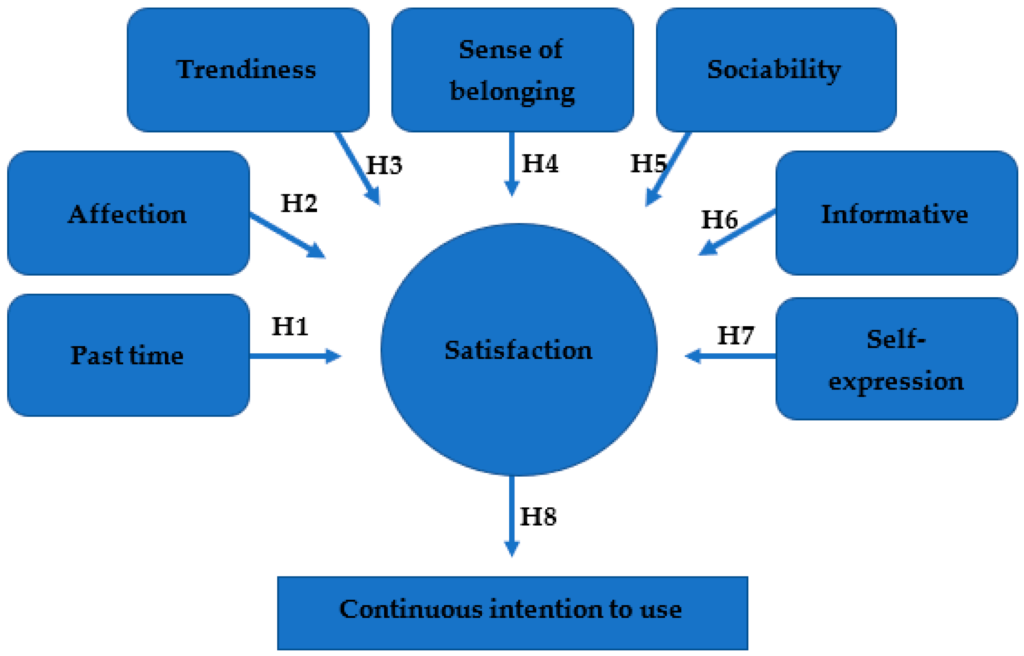In the contemporary world, social media has rapidly evolved into a significant forum for political discourse, news dissemination, and the formation of political opinions. With billions of people worldwide using platforms like Facebook, Twitter, and Instagram, the role of social media in shaping political ideologies and perspectives cannot be overstated. This essay explores the influence of social media on political opinions, the implications for democratic discourse, and the associated challenges and opportunities.
Social Media as a Political Platform
Social media platforms have emerged as influential tools for political engagement and activism. They provide a space where citizens can interact with politicians, engage in political discussions, share news, and express their views. According to the Pew Research Centre, as of 2020, 53% of U.S adults reported getting their news from social media “often” or “sometimes” (Pew Research Center, 2020). This shift from traditional media to digital platforms underscores the transformative role of social media in political communication.
Formation of Political Opinions

The participatory nature of social media facilitates the exchange of diverse views, fostering political opinions and discourse. Users are exposed to different perspectives, enhancing their understanding of political issues. However, it’s worth noting that social media also enables the spread of misinformation and fake news, which can distort users’ perceptions and influence political opinions negatively.
The “Echo Chamber” Effect

One of the significant critiques of social media’s role in shaping political opinions is the creation of “echo chambers” or “filter bubbles”. These terms refer to situations where users are exposed primarily to information that aligns with their existing beliefs, reinforcing their political views while limiting exposure to contrary perspectives. This effect can polarise societies, potentially undermining constructive political discourse and consensus-building.
Implications for Democracy
The pervasive influence of social media on political opinions has profound implications for democracy. On the one hand, social media can enhance democratic processes by fostering civic engagement and providing a platform for political activism. On the other hand, the misuse of these platforms for spreading disinformation, propaganda, or hate speech can undermine democratic norms and values.
Challenges and Opportunities

The challenges of managing social media’s role in shaping political opinions are multifaceted. They range from addressing issues of privacy and data security to countering misinformation and enhancing digital literacy. Despite these challenges, social media offers opportunities for enhancing democratic discourse by broadening access to information, facilitating civic engagement, and providing a platform for political mobilisation.
Conclusion
In conclusion, social media’s role in shaping political opinions is a double-edged sword. While it enhances political engagement and provides a platform for diverse viewpoints, it can also facilitate misinformation, create echo chambers, and polarise societies. To harness the positive potential of social media in political discourse, there is a need for comprehensive approaches that combine regulatory measures, enhanced digital literacy, and technological solutions. The influence of social media on political opinions is an evolving phenomenon, requiring ongoing research and policy attention.
Reference:
Pew Research Center (2020). News Use Across Social Media Platforms in 2020. Pew Research Center: Journalism & Media.




